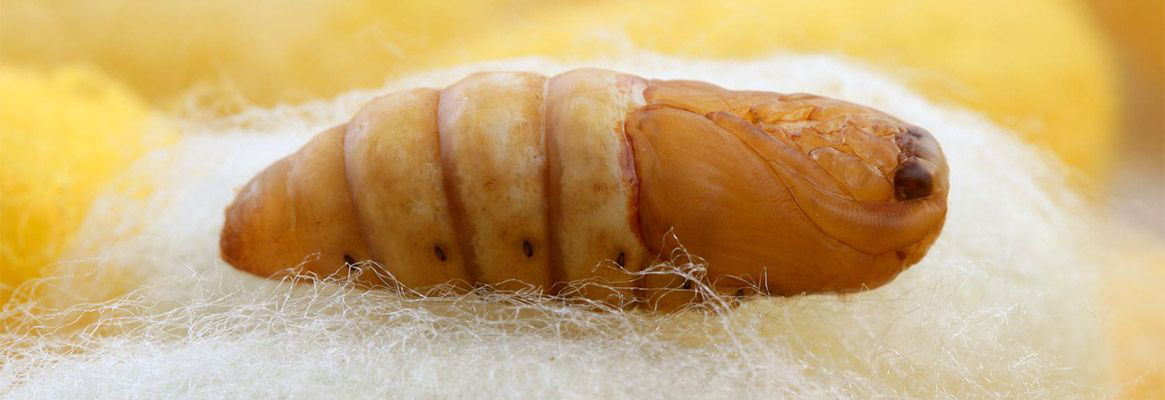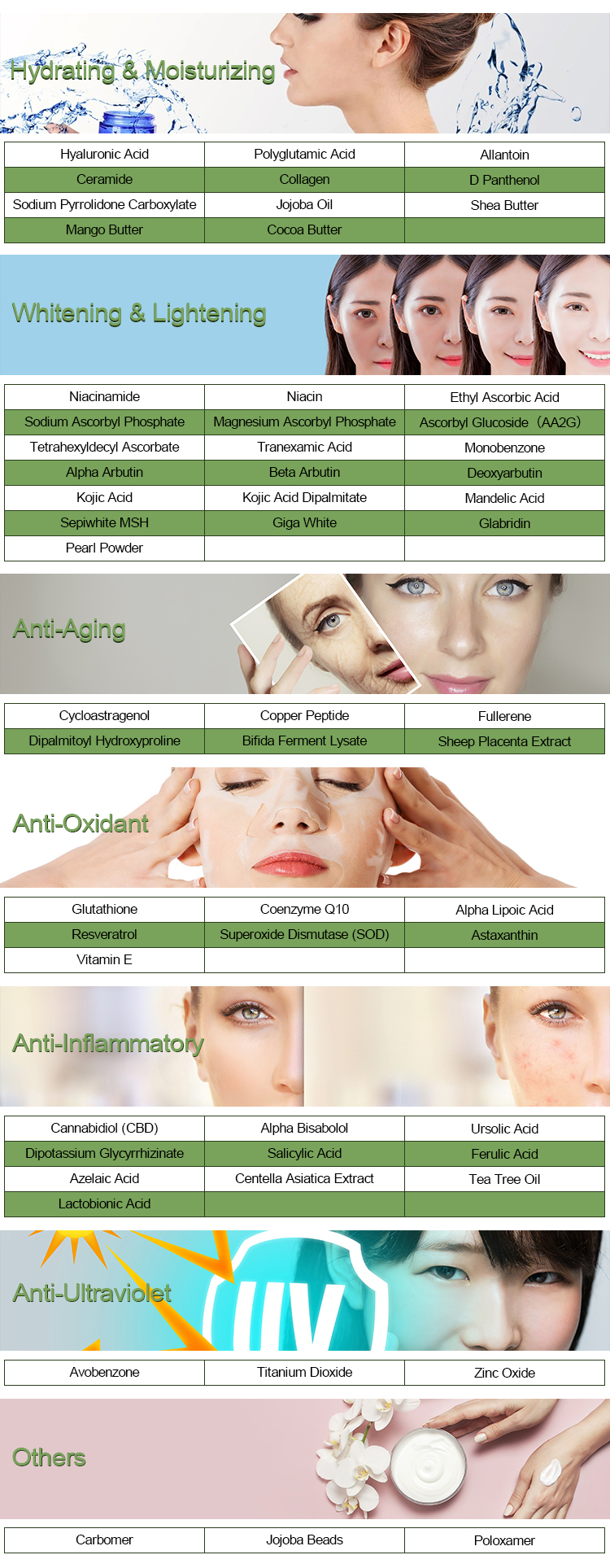Sericin, a silk protein derived from silkworm cocoons, has gained significant attention across industries due to its multifunctional properties. Here’s an updated overview of its recent developments, applications, and benefits:
Recent Trends in Sericin Research
1. Advanced Cosmetic Applications:
- Sericin is increasingly incorporated into anti-aging and moisturizing formulations. Recent studies emphasize its ability to enhance skin elasticity, reduce oxidative stress, and protect against UV damage.

2. Biomedical Advances:
- Tissue Engineering: Sericin-based scaffolds are being researched for their role in promoting cell adhesion and proliferation.
- Drug Delivery Systems: Efforts are focused on using sericin as a biocompatible and biodegradable carrier for targeted drug delivery.
3. Environmental Applications:
- The eco-friendly extraction methods for sericin are now being developed, reducing waste from silk production while also creating sustainable materials for water purification and bioplastics.
4. Food Industry:
- Sericin is being evaluated as a functional food additive due to its antioxidant, antimicrobial, and cholesterol-lowering properties.
Key Benefits
- Skin Health: Provides hydration, boosts collagen production, and acts as a natural barrier against irritants.
- Antioxidant: Neutralizes free radicals, protecting cells from damage.
- Biodegradability: Offers an eco-friendly alternative to synthetic materials in various applications.

Market Developments
- The demand for sericin in luxury and sustainable products is rising. Manufacturers are exploring scalable methods to extract and purify sericin from silk production by-products, promoting both cost-effectiveness and environmental sustainability.
Would you like more details about any specific application or development?
